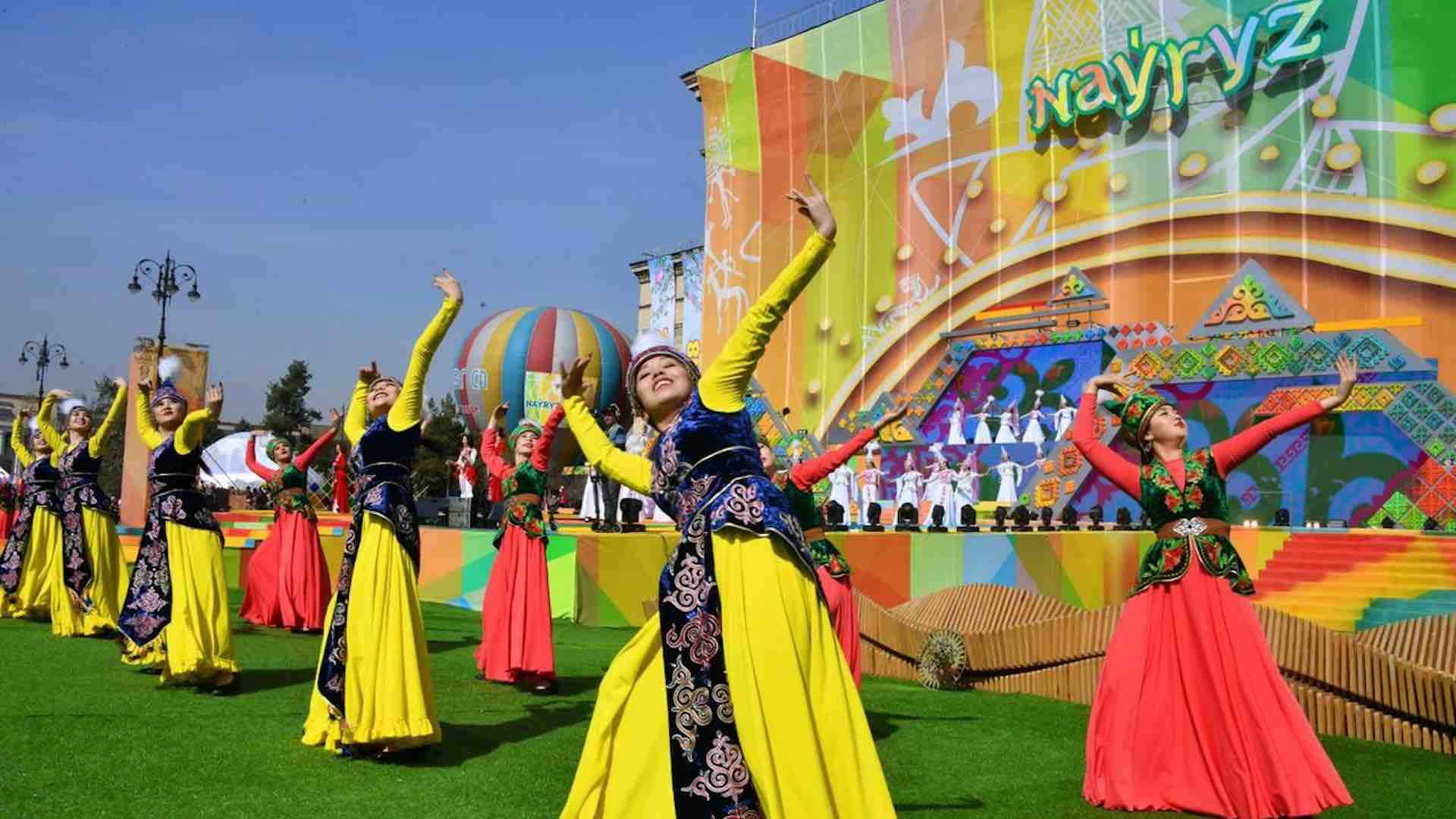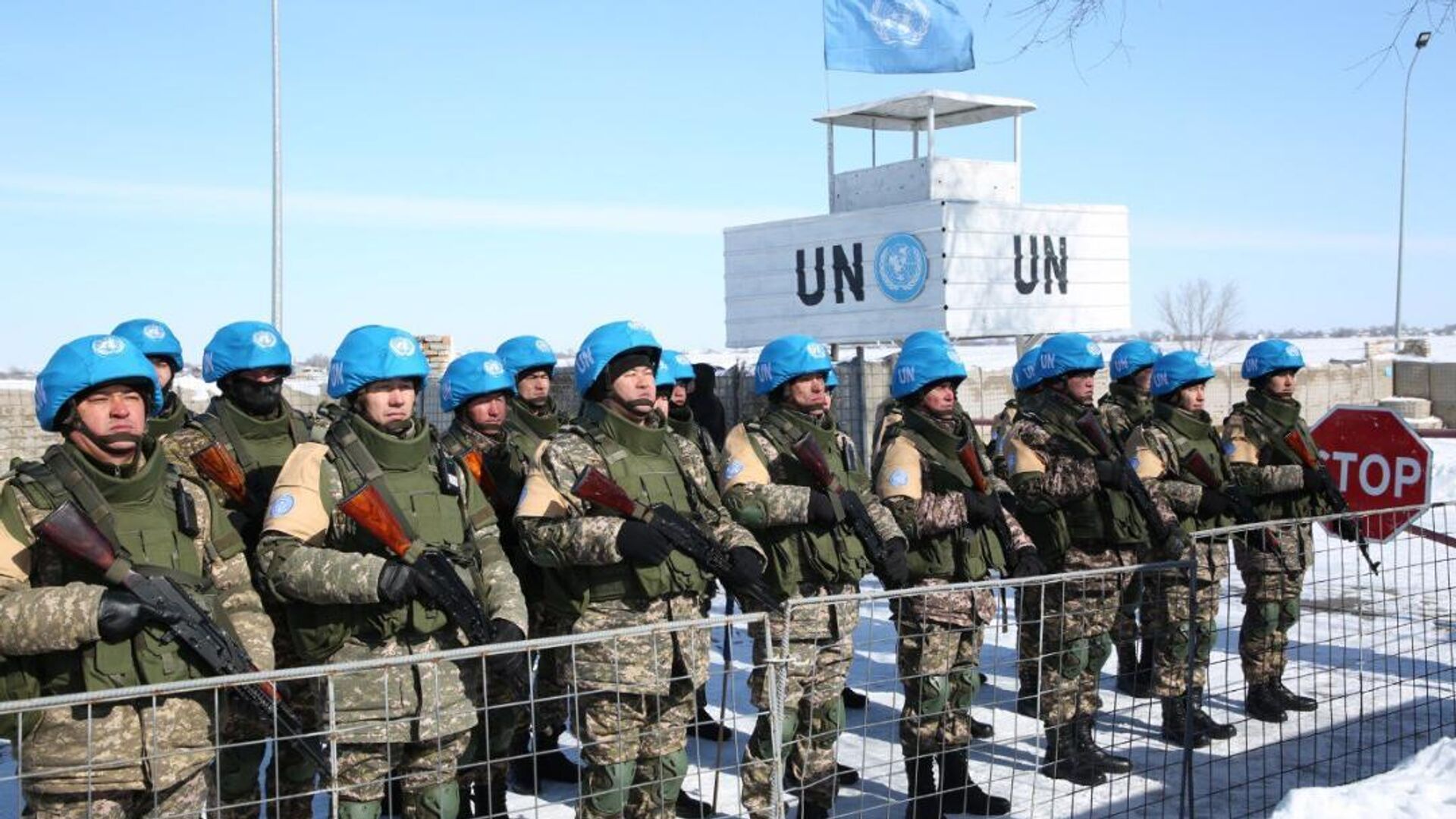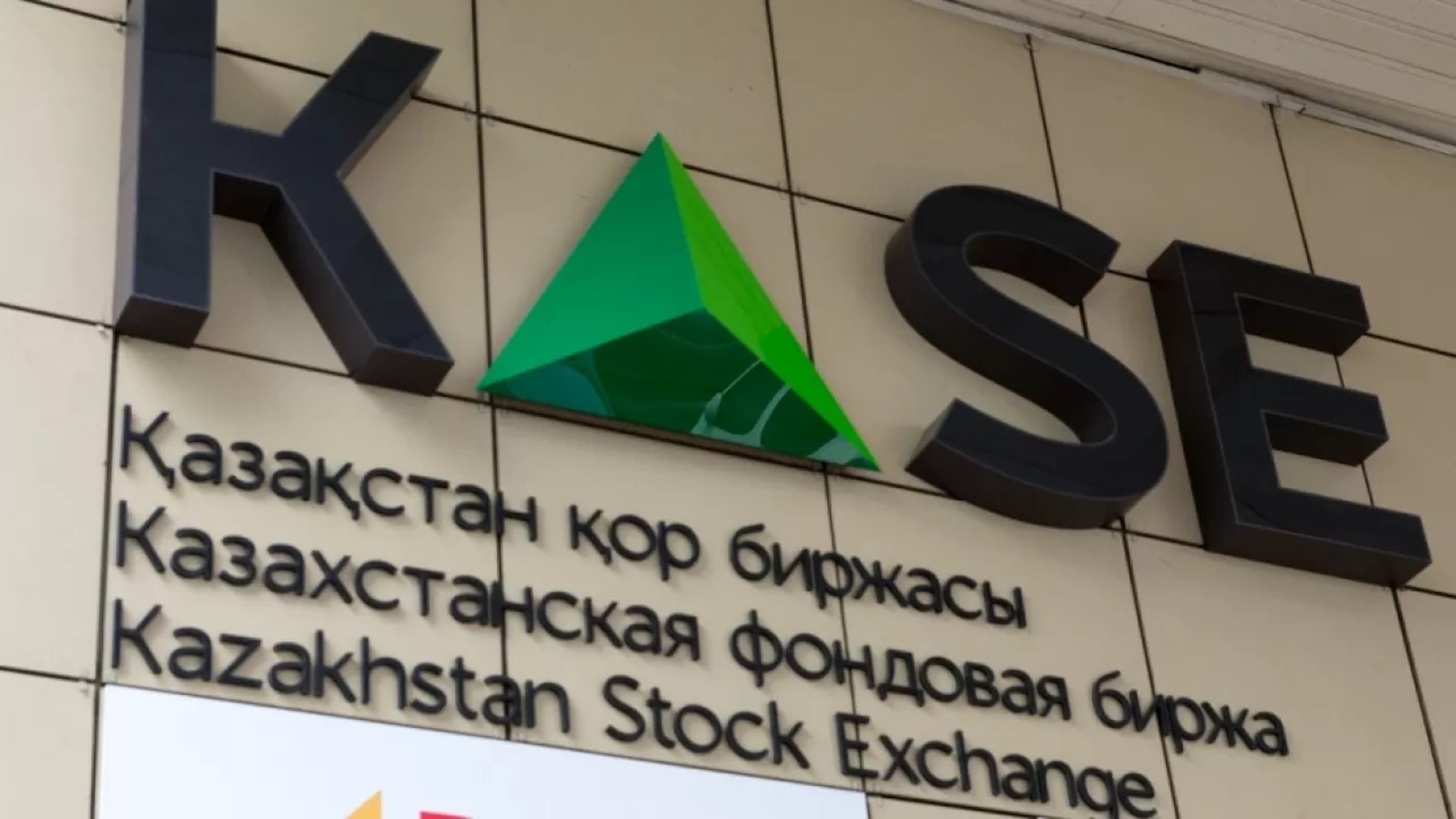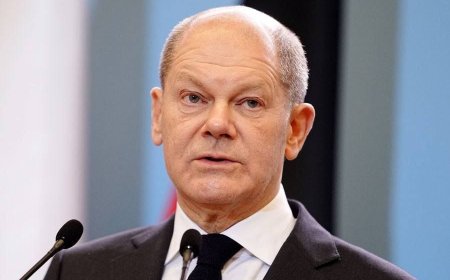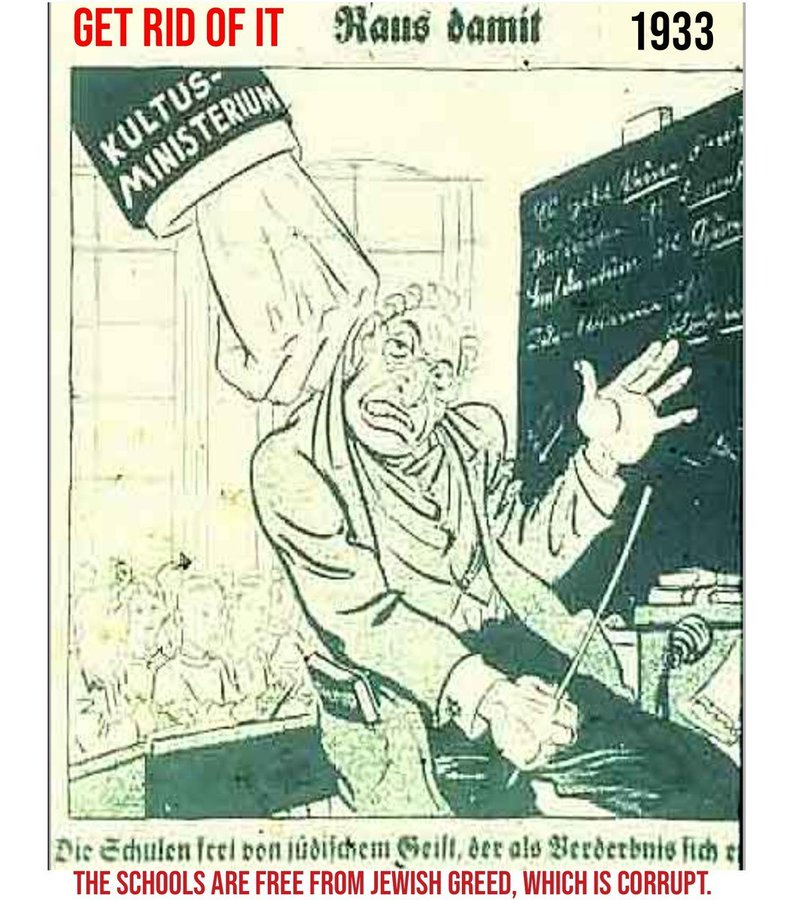Protests Erupt in Libya Over Rumors of Closer Ties with Israel
Mass protests have swept through major Libyan cities, including Tripoli and Misrata, following rumors of a possible rapprochement with Israel. The demonstrations, led by members of the Deterrence Forces, are aimed at Prime Minister Abdul Hamid Dbeibeh and the Western-backed Government of National Accord (GNA).
Details of the Protests
-
Key Cities:
- The protests began in Tripoli and quickly spread to other cities like Misrata.
- These areas are under the control of the Western-aligned Government of National Accord (GNA).
-
Participants:
- The protests involve both civilians and military personnel.
- The Deterrence Forces, aligned with Islamist factions, are at the forefront of the demonstrations.
Reasons for Public Discontent
-
Rumors of Ties with Israel:
- Reports of potential normalization of relations between Libya and Israel have sparked widespread outrage, as most Libyans traditionally support the Palestinian cause.
-
Unpopularity of Dbeibeh:
- Prime Minister Abdul Hamid Dbeibeh faces criticism for failing to ensure political stability and implement economic reforms.
- Suspicions of secret talks with Israel have further eroded trust in his administration.
Reactions and Implications
-
Government Response:
- The GNA has not outright denied the rumors but has emphasized the importance of maintaining "national dialogue."
- Calls for calm from some officials have done little to quell the protests.
-
Risk of Escalation:
- The protests are exacerbating Libya’s already fragile political situation.
- There is an increasing risk of armed clashes between supporters and opponents of Dbeibeh.
International Context
-
The Israel Factor:
- Israel has been seeking to normalize relations with Arab countries under the Abraham Accords. However, Libya, with its strong support for the Palestinian cause, remains an exception.
-
Western Influence:
- While Western nations back the GNA, their influence could wane if the protests escalate into a larger crisis.
Conclusion
The protests in Libya over rumors of ties with Israel highlight deep divisions within the country. The situation underscores the fragility of Libya’s political landscape and the growing rift between the Western-backed government and opposition forces.
The editorial board is not responsible for the content and accuracy of material taken, sent or obtained from other sources. The publication of such materials is for informational purposes only and does not imply automatic endorsement or approval of their content.



:focal(0.49:0.37):format(webp)/YXJ0aWNsZXMvaW1hZ2UvMjAyNS80LzIwMjIxMjAzLWdhZi11NTUtNzkwLmpwZw.webp?w=1920)


